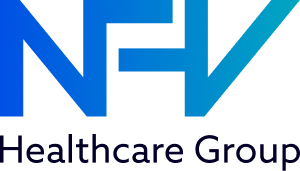Efficiency in healthcare is crucial for providing high-quality patient care. By streamlining processes and eliminating unnecessary steps, healthcare providers can save time and resources, ultimately improving patient outcomes.
This article will explore how efficiencies impact patient care and how facilities can implement strategies to improve efficiency. This piece aims to educate healthcare providers on the importance of operational efficiencies, leading to positive service delivery.
The Impact of Efficiency on Patient Care

Efficiency is not merely a matter of administrative convenience; it significantly improves patient safety and quality of care. Here are some key areas where efficiency improvements can make a substantial difference in health services:
Improved Patient Safety and Reduced Medical Errors
Efficiency in healthcare can significantly reduce the occurrence of medical errors. By eliminating manual and redundant tasks through automation and digitization, healthcare providers can minimize the chances of human error. Furthermore, efficient processes enhance communication between care teams, ensuring patients receive accurate diagnoses, treatments, and health outcomes.
Enhanced Patient Satisfaction and Positive Experiences
Efficiency in healthcare also leads to a better patient experience. By reducing waiting times, eliminating unnecessary paperwork, and streamlining appointment scheduling processes, patients are more likely to have positive experiences with their healthcare providers. This improved patient satisfaction can lead to high trust and long-term loyalty towards the healthcare facility.
Reduced Healthcare Costs and Resource Optimization

Efficiency not only benefits patients but also healthcare providers and facilities. By optimizing processes, reducing waste, and eliminating unnecessary tasks, healthcare facilities can save resources and cut costs. These savings can then be passed on to patients in the form of lower medical expenses while still maintaining high-quality care.
Increased Access to Quality Care and Timely Interventions
Efficiency can also improve access to quality care and timely interventions. By streamlining processes, healthcare facilities can serve more patients in less time without compromising the quality of care. This can especially benefit patients with chronic conditions or urgent medical attention.
Improved Healthcare Provider Satisfaction and Morale
Efficiency in healthcare not only benefits patients and facilities but also has a positive impact on healthcare providers. By optimizing processes, healthcare providers can focus on providing quality care instead of being burdened by administrative tasks. This can improve satisfaction and overall morale among healthcare teams, ultimately leading to better patient care.
Strategies for Improving Efficiency in Healthcare

Now that we have established the importance of efficiency in healthcare systems let’s explore some strategies for improving it:
- Automation and Digitization: By automating manual tasks and digitizing medical records, healthcare facilities can eliminate errors and streamline processes.
- Standardization: Establishing standardized protocols and procedures can improve consistency and reduce confusion among care teams.
- Continuous Process Improvement: Regularly reviewing and optimizing processes can identify inefficiencies and improve overall efficiency.
- Team Collaboration: Encouraging collaboration between care teams can enhance communication, leading to better coordination and improved processes.
- Utilizing Technology: Electronic health records and patient portals can improve access to care, reduce costs, and enhance the patient experience.
- Working with Experts: Healthcare facilities can work with consultants and experts to identify areas for improvement and implement efficient processes.
The Role of Technology in Driving Efficiency
Technology plays a pivotal role in achieving operational efficiency within healthcare settings. Implementing solutions like EHRs, telehealth platforms, and automation tools can streamline processes, automate tasks, and improve communication, enhancing efficiency and patient care.
Harnessing the power of innovative technology can:
- Optimize scheduling and appointment management.
- Facilitate secure and efficient data exchange.
- Automate routine administrative tasks.
- Improve medication management and adherence.
- Provide real-time access to patient information.

Navigating the Future of Healthcare with NFV Healthcare Group
Investing in operational efficiency is more than just a wise financial decision. It’s a commitment to delivering the highest quality of care to patients. Providers create an environment that benefits them, patients, and the healthcare system by streamlining processes, leveraging technology, and continuous improvement.
NFV Healthcare Group offers comprehensive Revenue Cycle Support (RCS) solutions to optimize financial operations. Our services help free up your time to focus on what matters most – delivering exceptional patient care. By entrusting us with your revenue cycle support, rest assured that your financial operations are in capable hands. This allows you to maintain profitability and deliver quality care to your patients.
Contact us today to learn how NFV Healthcare Group can help you achieve optimal efficiency. Deliver the best possible patient care with the right partner by your side.

